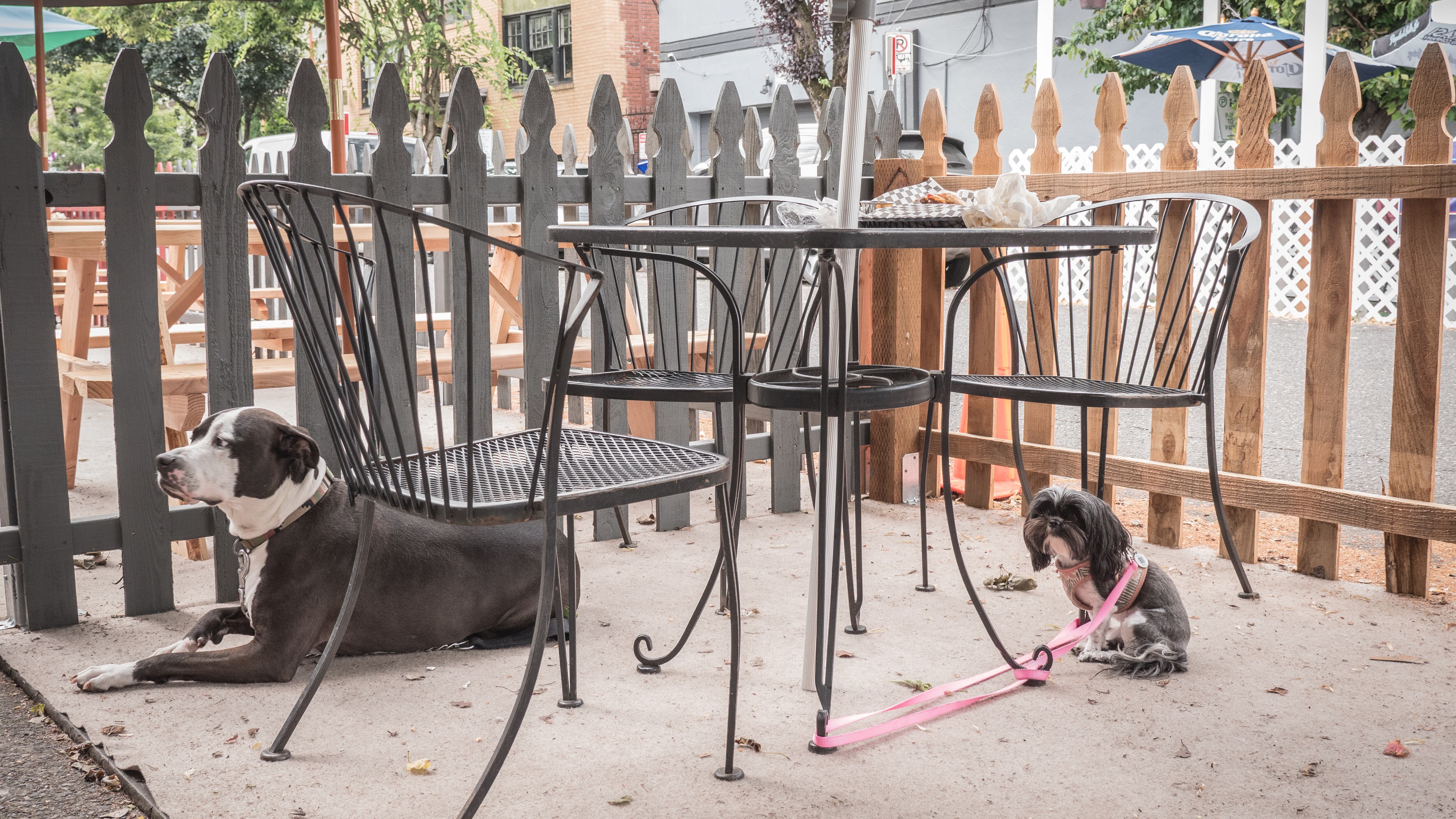WW presents "Distant Voices," a daily video interview for the era of social distancing. Our reporters are asking Portlanders what they're doing during quarantine.
That noise down the hall isn't your imagination. Your neighbors are having a party.
As COVID-19 infections swell to all-time record numbers across Oregon, local health departments consistently find a common factor in the cases: informal social gatherings. That's a fancy way of saying house parties.
These parties, occurring against public health advice and despite the pleas of elected officials, are the most prominent symptom of a phenomenon called "pandemic fatigue." After eight months of renouncing social life, some Portlanders have run out of resolve.
Kim Toevs, Multnomah County's communicable disease coordinator, says the return of house parties displays the limits of people's patience in a plague, and the limits of government's ability to control individual choices. The state can close schools and it can mandate masks in businesses—but it cannot stop a kegger in your basement.
What does that mean for those schools and businesses, though? We asked Toevs.

